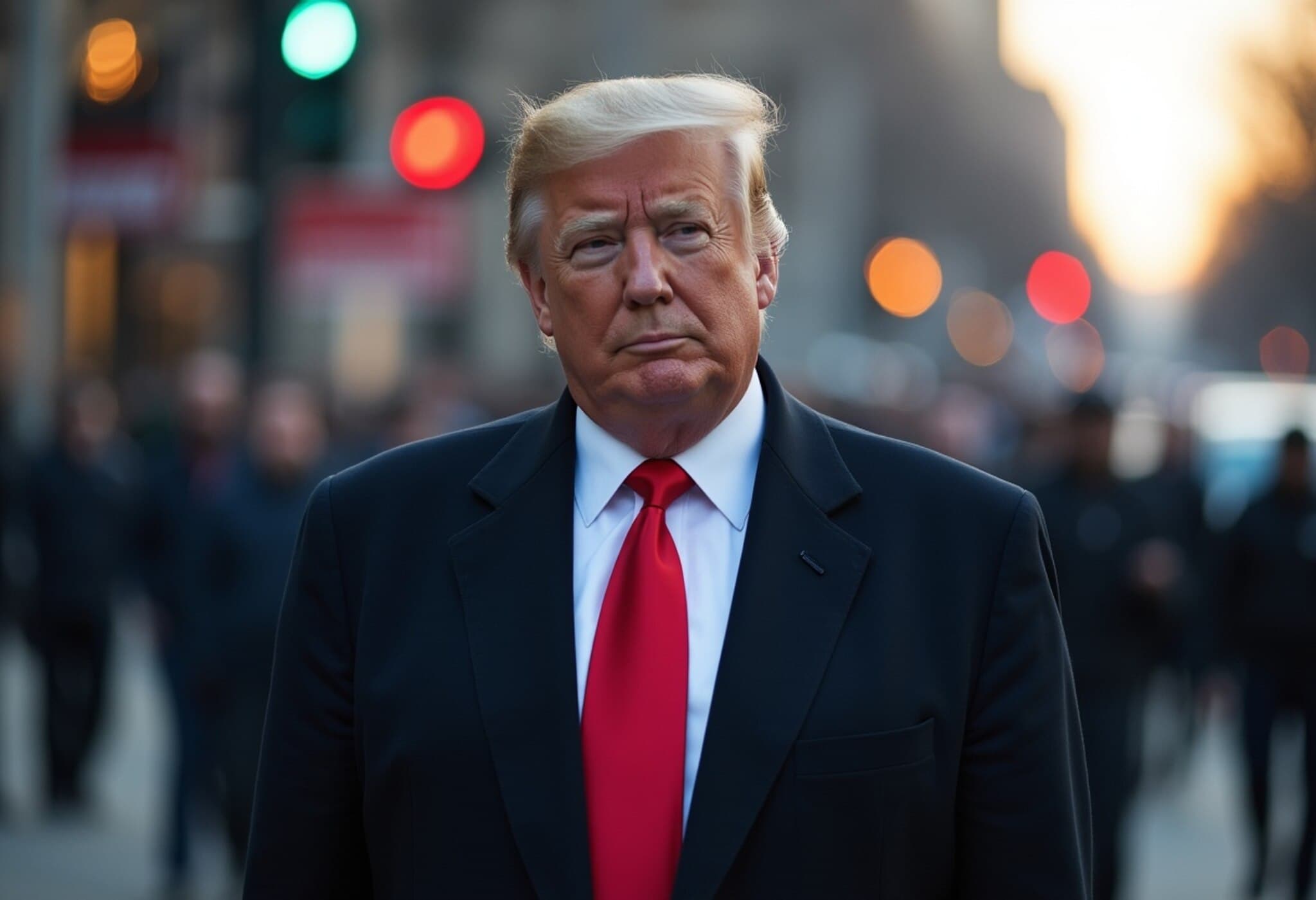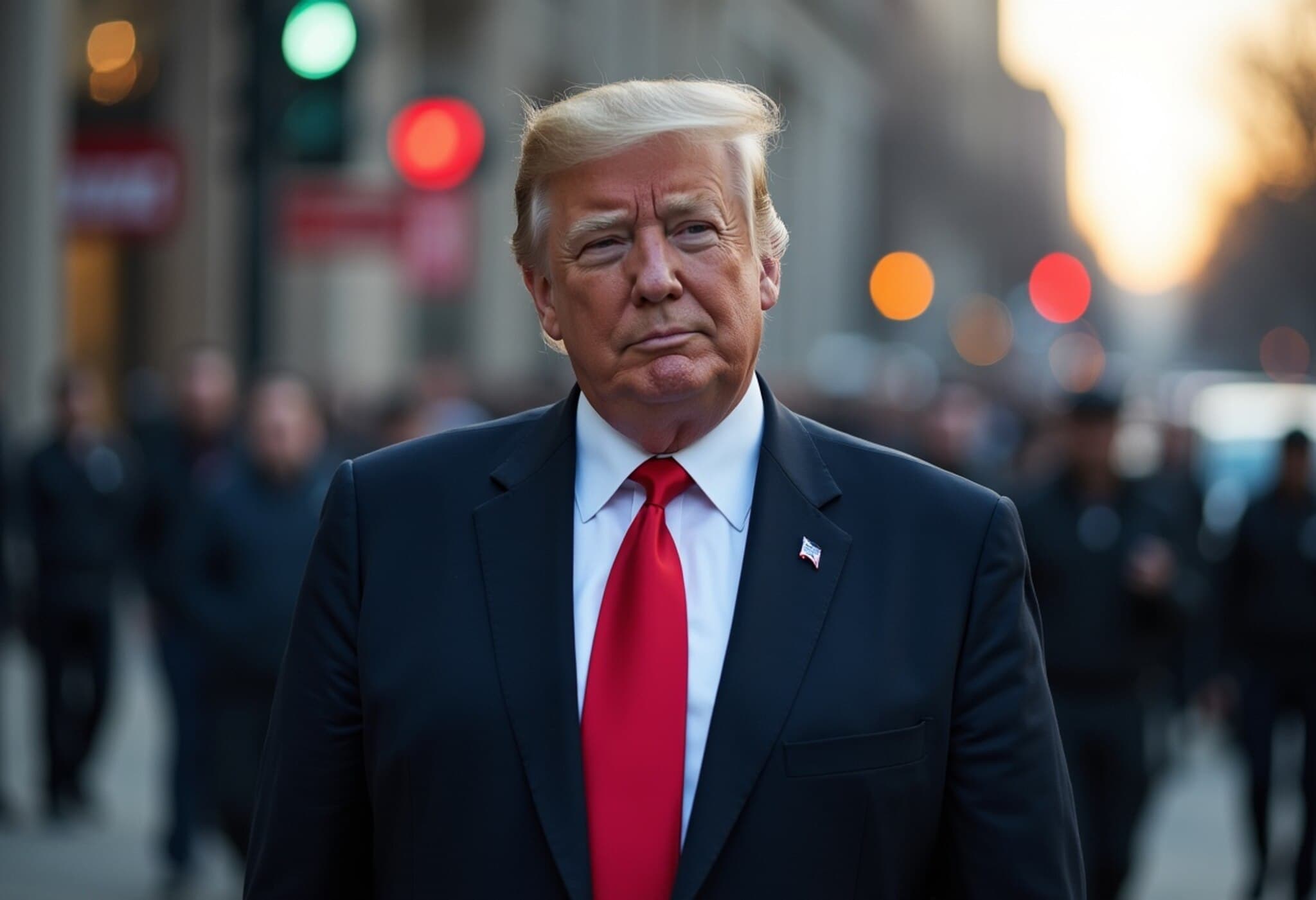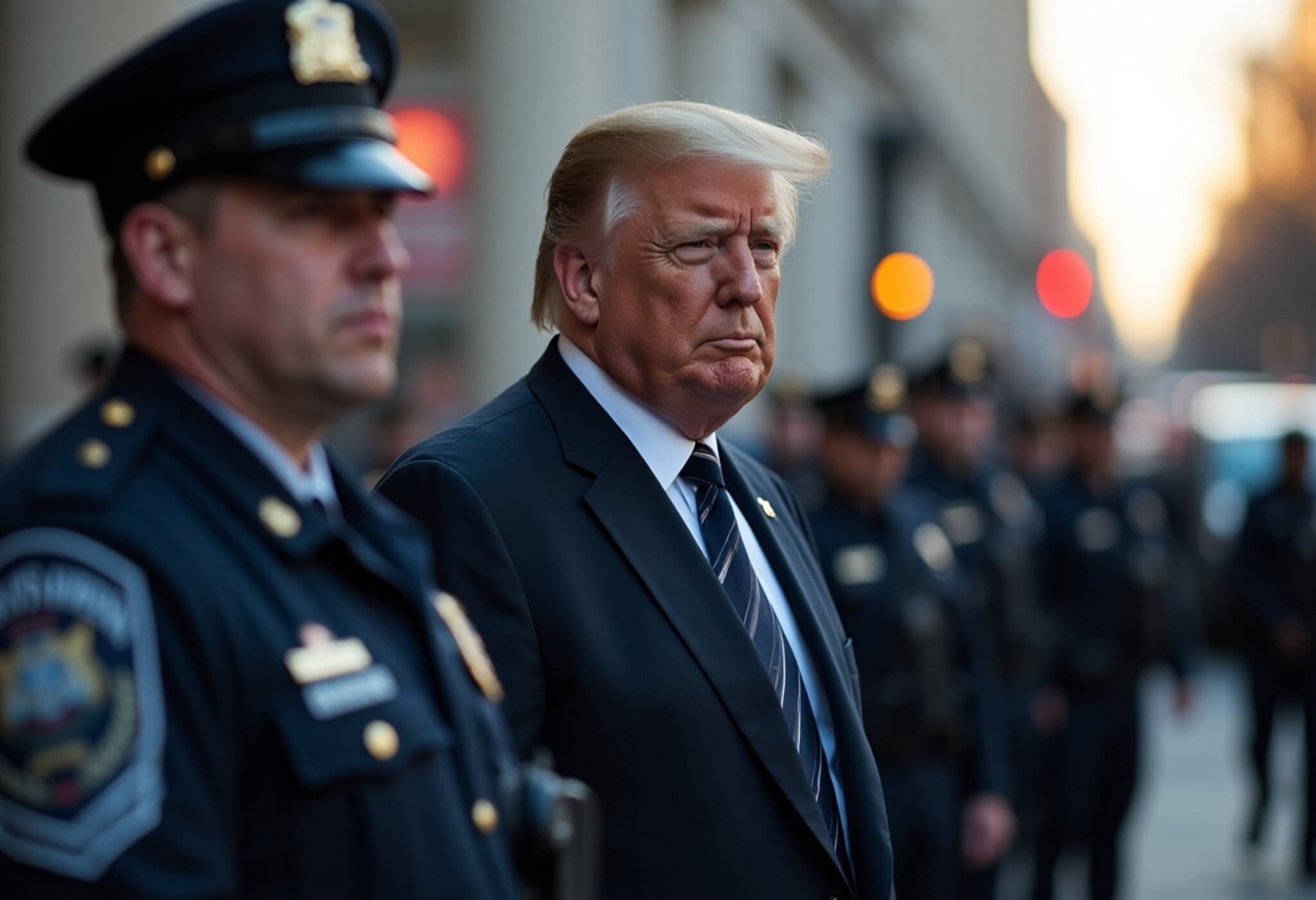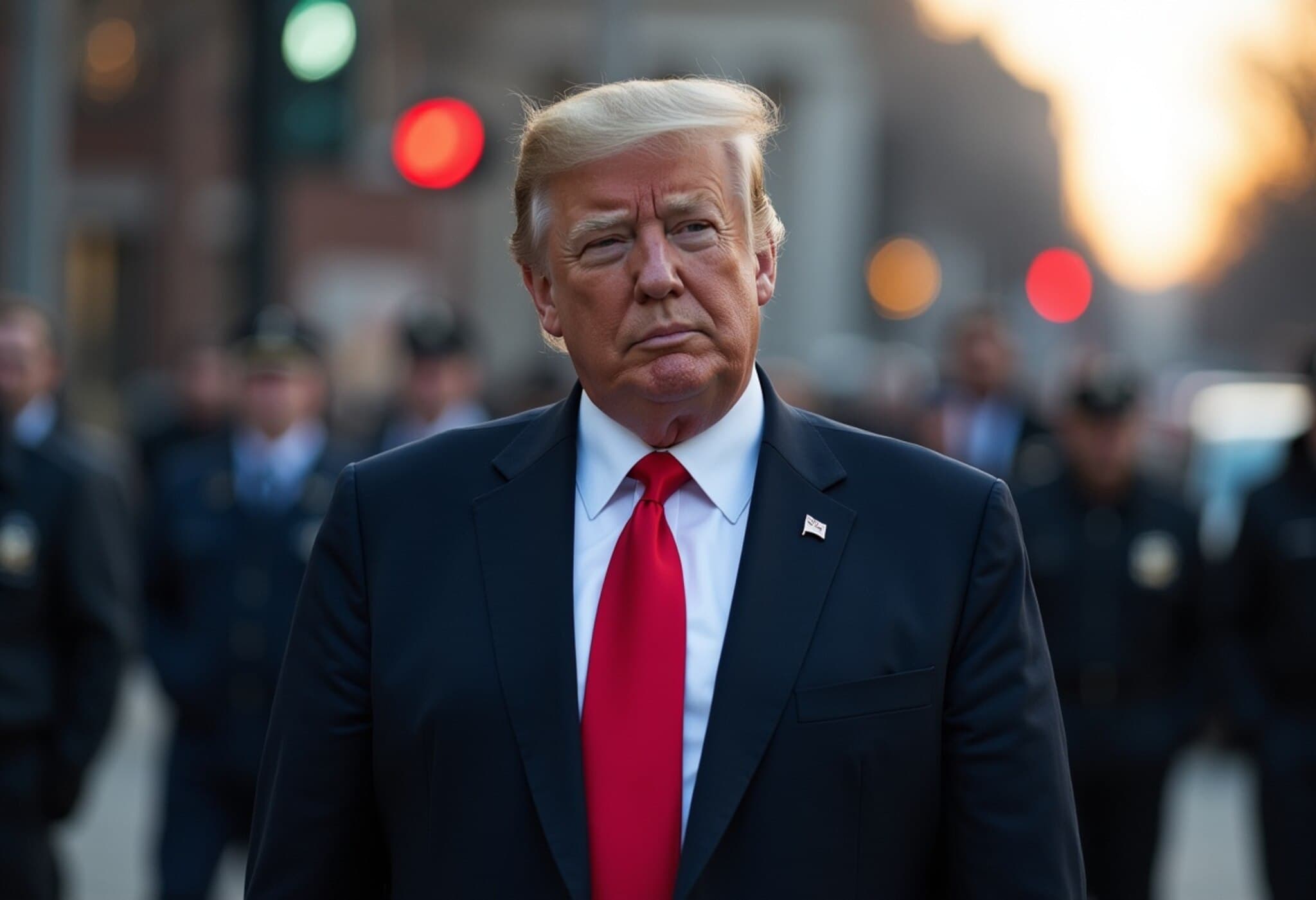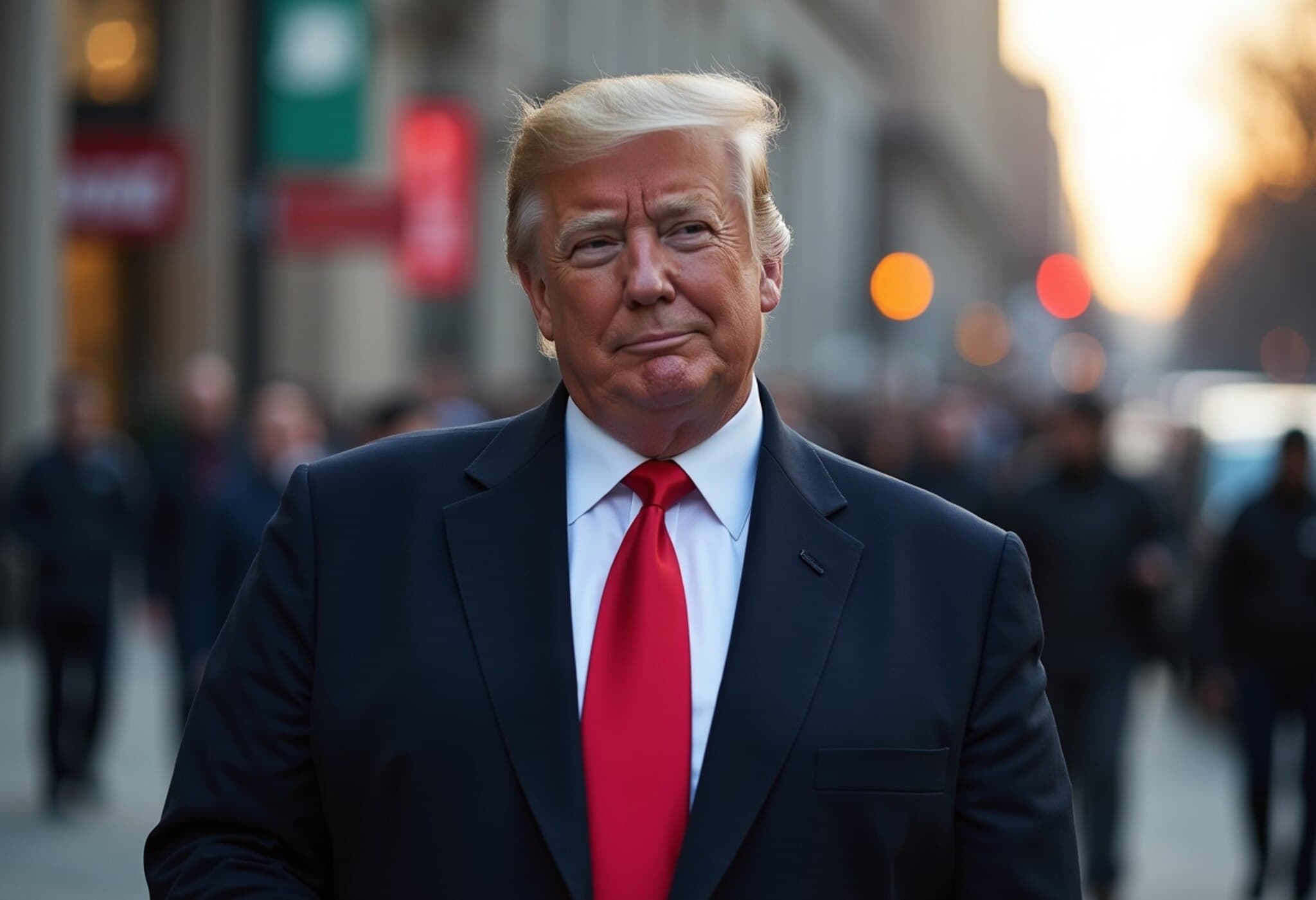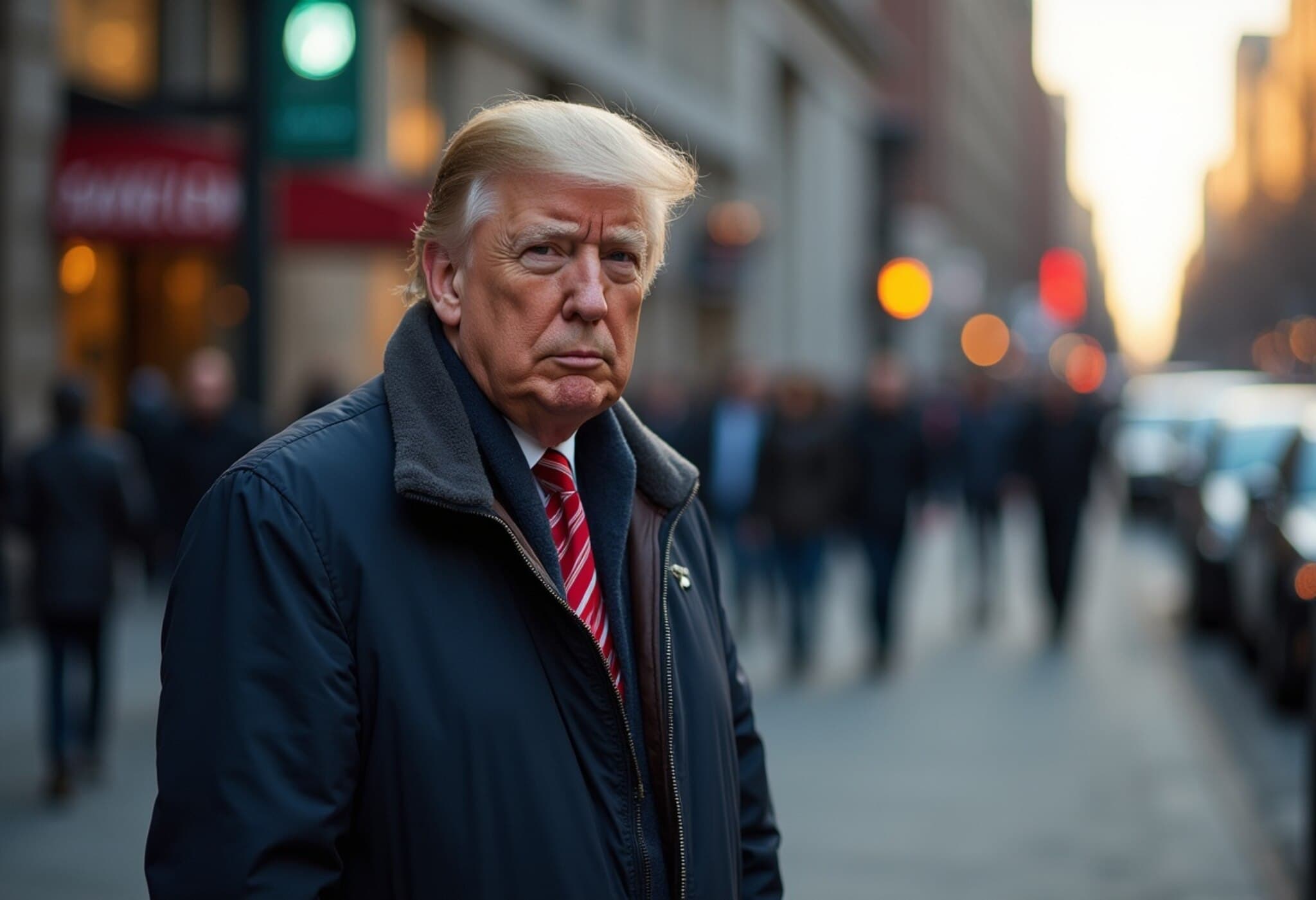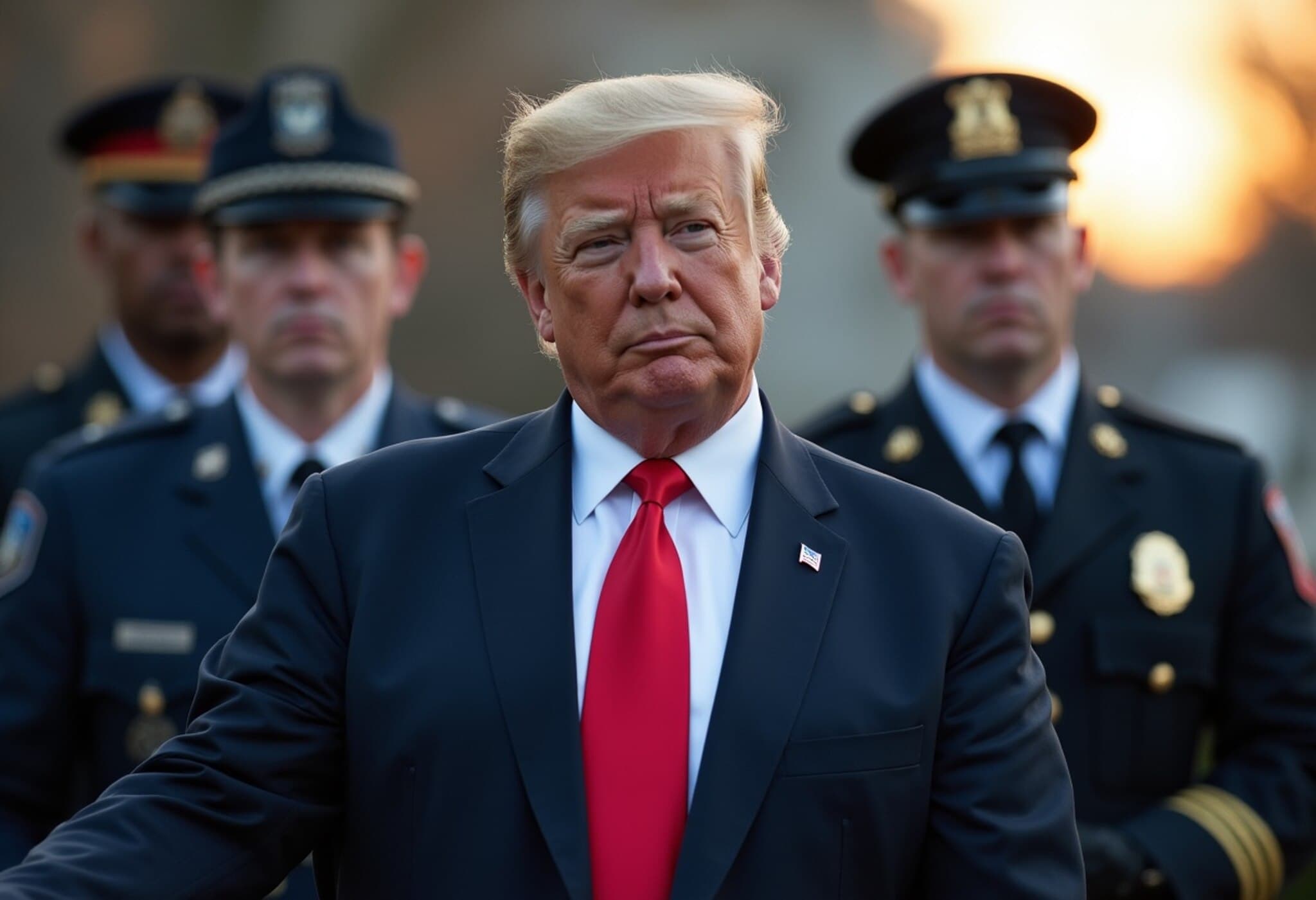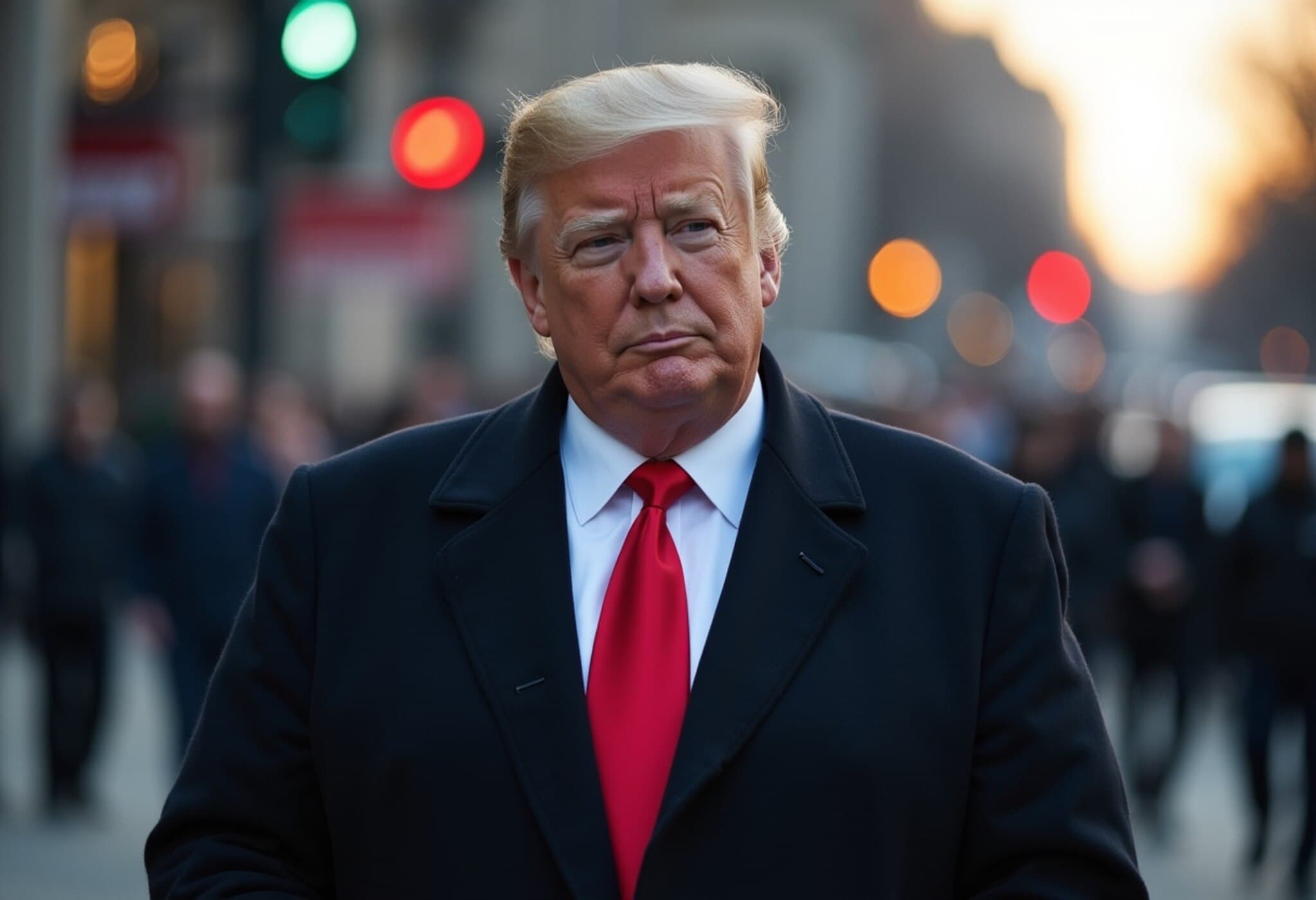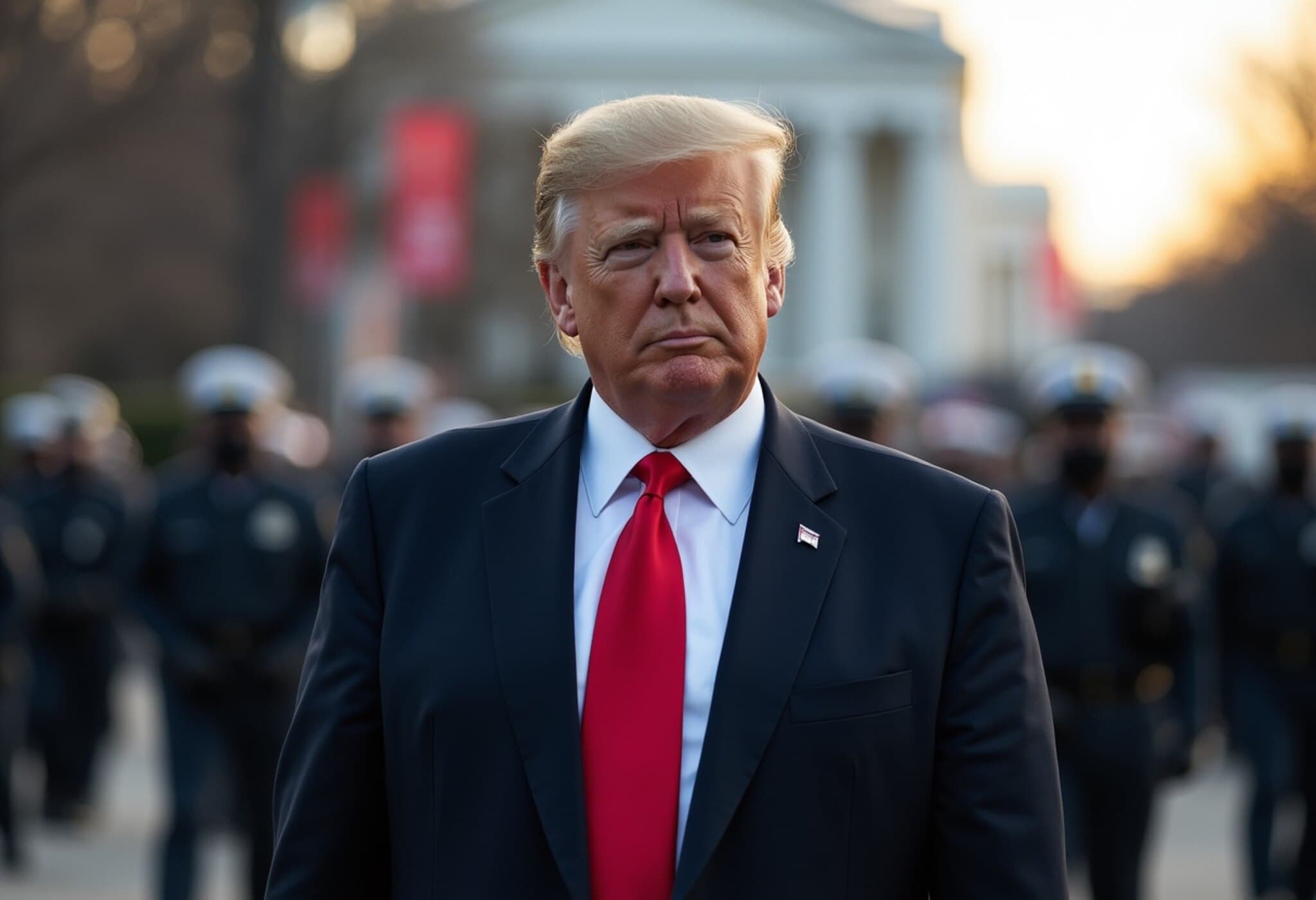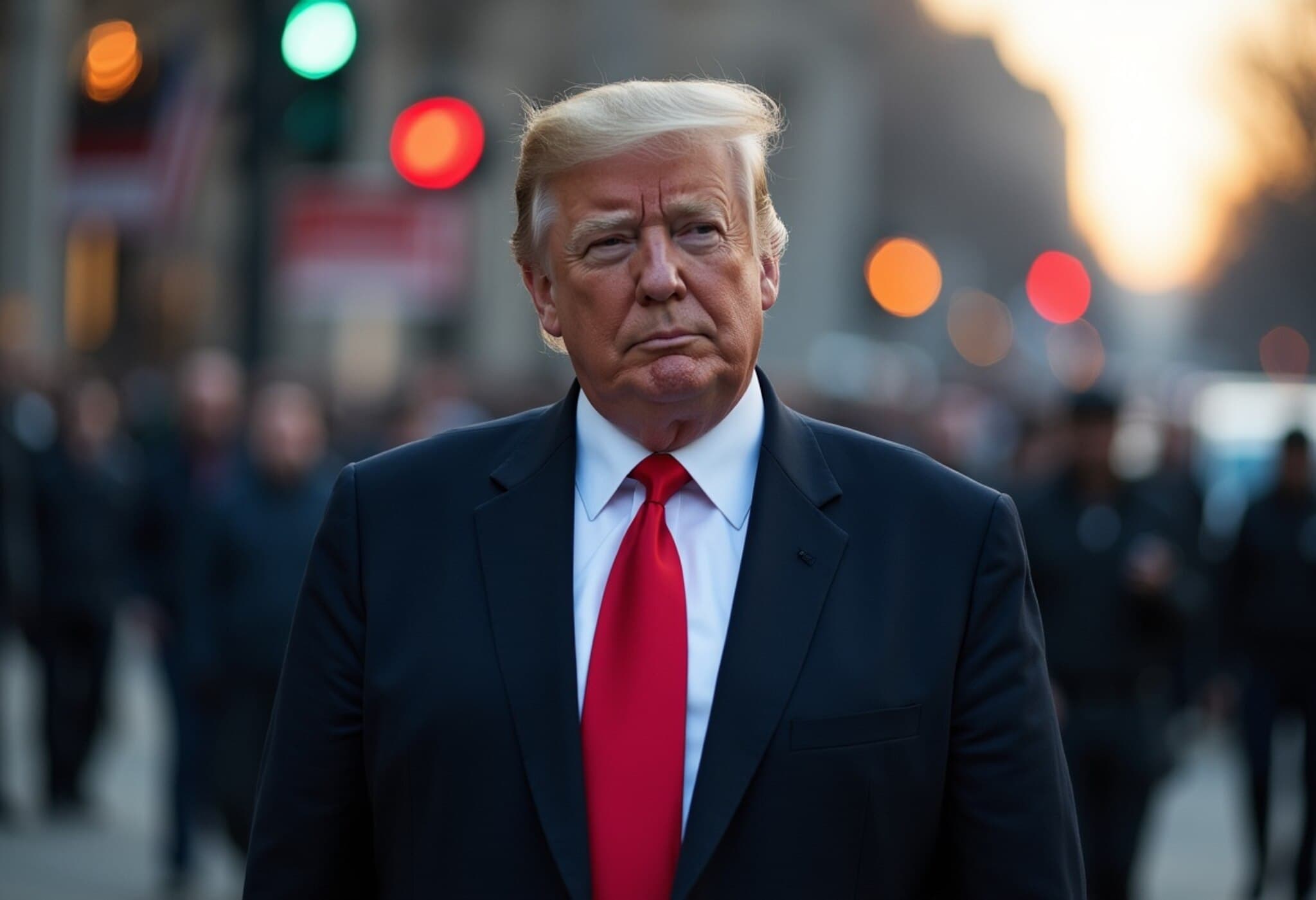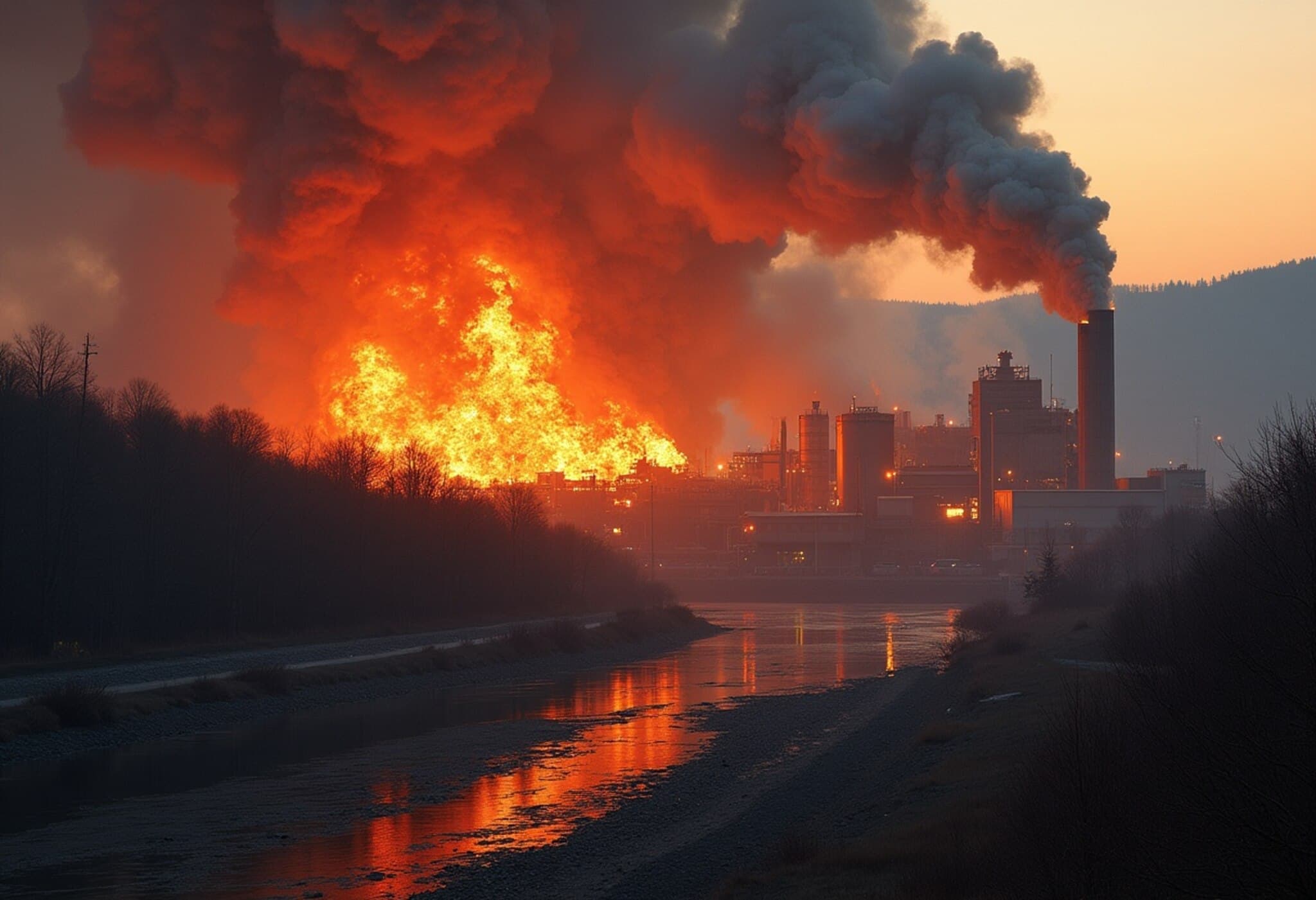Trump Moves to Federalize Washington, D.C. Police and Deploy National Guard
In a bold and controversial move to reshape public safety in the nation’s capital, President Donald Trump signed an executive order on August 11, 2025, placing the Washington, D.C. Metropolitan Police Department under federal control. Simultaneously, he signed a memorandum directing Defense Secretary Pete Hegseth to mobilize the National Guard within the city, aiming to curb crime and restore order.
Background and Legal Authority
Leveraging powers granted under the Home Rule Act of 1973, Trump asserted his authority to federally oversee the D.C. police force — a city uniquely governed by Congress rather than a state government. This action positions roughly 500 federal law enforcement officers, including FBI, ATF, DEA, ICE, and U.S. Marshals, into active patrol roles throughout the district.
The president justified this intervention by emphasizing national security and public safety concerns. Prior to the announcement, Trump posted on social media that Washington, D.C. would be "LIBERATED today," vowing to end “ruthless killings” and ensure the capital becomes “safer and more beautiful than it ever was before.”
Deployment of Federal Officers and the National Guard
The deployment includes a diverse contingent of federal agents, with over 100 FBI officers and 40 from the Bureau of Alcohol, Tobacco, Firearms and Explosives engaged in local patrol duties. The move also involves the activation of the D.C. National Guard, a key element in supplementing law enforcement efforts. While Mayor Muriel Bowser cannot unilaterally activate the Guard, she criticized the strategy, suggesting additional federal funding for prosecutors and judicial vacancies would more effectively address crime.
Contentious Debate Over Crime and Homelessness
Central to the administration's campaign is addressing violent crime and homelessness, two deeply intertwined crises in D.C. Trump’s social media insistence that homeless individuals be removed "IMMEDIATELY"—with offers to relocate them far from the capital—has raised ethical and logistical questions. The plan's feasibility remains unclear, especially considering the absence of detailed alternatives for displaced individuals.
The president also sharply differentiated between homeless people and criminal elements, asserting that criminals deserve incarceration, underscoring a punitive approach rather than holistic social services to tackle underlying issues.
Local Leaders Push Back on Federal Takeover
Mayor Bowser, a Democrat, has openly questioned the efficacy and appropriateness of federalizing city police and deploying military resources against street-level crime, noting that crime statistics actually show a 26% drop in violent crime compared to last year. She described Trump’s depiction of D.C. as a "war-torn city" as “hyperbolic and false,” highlighting regional success in managing public safety despite challenges.
The mayor suggested that enhancing judicial capacity—by filling longstanding vacancies in the D.C. Superior Court—and investing in community-based policing initiatives would offer more sustainable improvements than federally led heavy-handed tactics.
The Bigger Picture: Federalism, Governance, and Public Safety
This unprecedented assertion of federal control over D.C.’s police department forces into sharp relief long-standing tensions between local governance autonomy and federal oversight in America’s capital. If successful, Trump's move could set a precedent, reigniting debates about home rule versus federal authority in managing urban crime and social issues.
However, repealing or altering the Home Rule Act to permanently transfer law enforcement authority would require congressional approval and is likely to face intense opposition given the district’s unique status and the political ramifications of such a power shift.
Looking Ahead: Key Questions
- How will shifting law enforcement command impact community relationships and trust?
- Will federal forces be equipped to address the complex social factors underpinning homelessness and crime?
- What are the long-term implications for city governance and democracy in the nation’s capital?
- Can collaborative approaches between federal and local authorities better serve public safety than confrontational power grabs?
Editor’s Note
President Trump’s decision to federalize the D.C. police and deploy the National Guard marks a critical juncture in the governance of the U.S. capital, symbolizing broader conflicts over federalism, urban law enforcement, and social policy. While aimed at making the city safer, this strategy raises profound questions about civil liberties, the root causes of crime, and the future of local autonomy. Readers are encouraged to reflect on these issues within the ongoing national dialogue about safety, governance, and justice.

